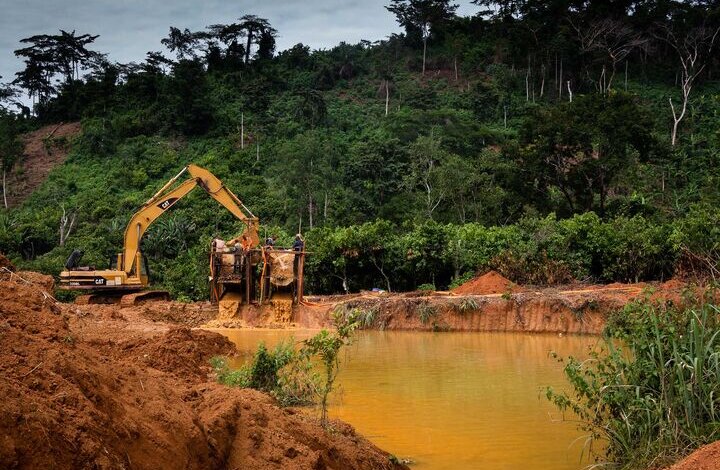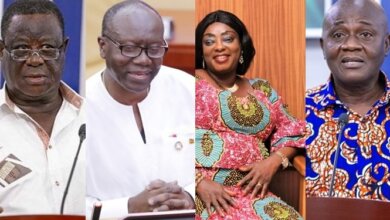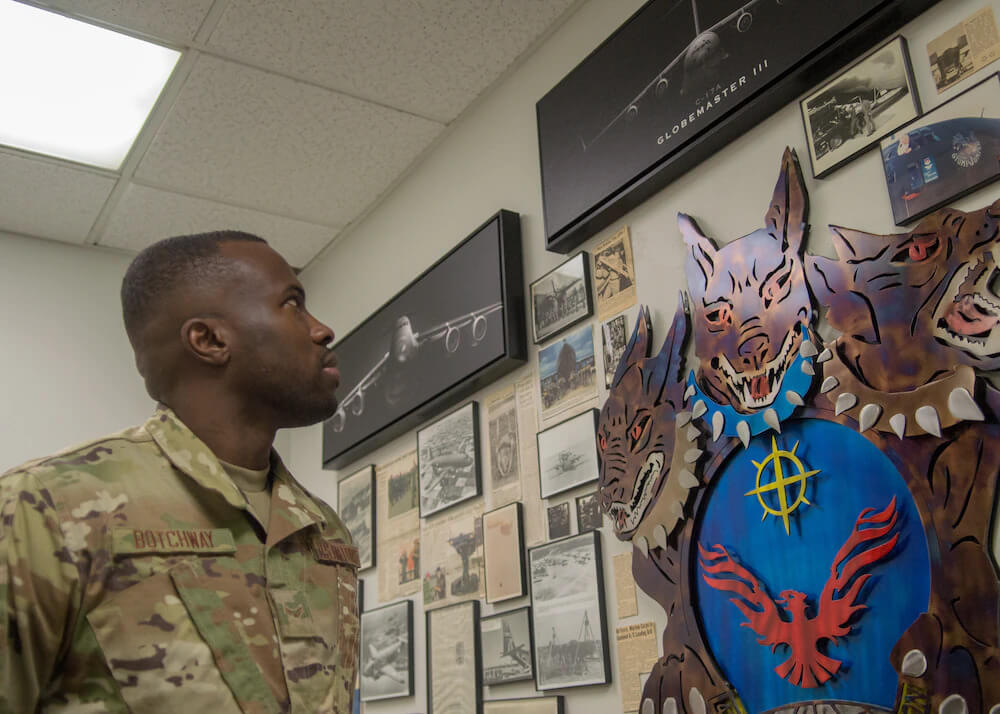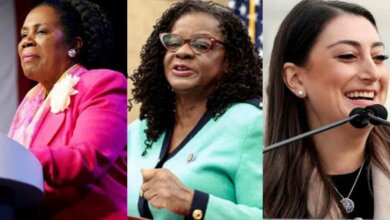Gadangme Alliance for Change appeals against illegal mining in Ghana

Illegal mining for gold — locally known as ‘galamsey’ in Ghana, continues to pose a serious threat to the country’s infrastructure for food security, health, and environment, according to a new statement from Gadangme Alliance for Change (GDAC) — a social movement originated in the southern Ghanaian community.
The GDAC was formed to raise consciousness of the challenges facing the people in the southern Ghanaian community, pertaining to pertinent issues confronting the youths in the area, and improving access to basic social amenities.
In its statement, the alliance strongly urged Ghanaians, home and abroad, to take swift and decisive action against illegal mining. It stressed the long-term health concerns associated with exposure to toxic compounds like mercury, cyanide, arsenic, lead, cadmium, chromium, ammonium nitrate etc., used without regulation in illegal mining.
GDAC emphasized that hundreds of water bodies within mining districts have been found to be significantly polluted. This has increased the poisoning of food supplies in these areas.
Heavy exposure to these toxic compounds have caused respiratory problems, neurological damage, birth defects, kidney damage, skin issues, reproductive issues and a handful of others in galamsey-affected regions, according to Dr. Ishmael Nii Dodoo, a former Special Policy Adviser to the UN Secretary General’s Adviser for the Sahel, and a patron of GDAC.
GDAC backed this claim, stating that the Densu River in the South Eastern part of Ghana, and the Kpeshie Lagoon in Accra, are two vital water supplies that have been linked to causing cerebral palsy in children as a result of pollution. Since the people around these illegal mining areas continue to rely on agricultural produce from contaminated areas, there are also growing concerns about a possible rise in cardiovascular and cancer problems.
“The unchecked spread of galamsey could define the legacies of political leaders and lead to a multifaceted national crisis if not addressed urgently,” said Dr. Nii Dodoo to theafricandream.net.
This crisis may include the population in galamsey-affected areas getting internally displaced, with Gadangme lands predicted to experience the highest amount of migration, and economic strain as a result of it, according to the GDAC.
The alliance warned that inaction may have long-term effects for the future of the country. It urged the government, political figures, civil society, and international community to band together in the fight to end galamsey, publishing a number of specific demands.
This includes, “the immediate imposition of an indefinite ban on galamsey; the public disclosure of Members of Parliament involved in galamsey operations, urging political parties to hold these individuals accountable and bar them from running for office; a commitment from future governments, notably the National Democratic Congress (NDC), to recover funds from galamsey operators and prosecute them, using the recovered resources to remediate environmental damage; and the excommunication of any Gadangme individual or company found to be financing galamsey activities.”
Source: TheAfricanDream.net.
Oral Ofori is Founder and Publisher at www.TheAfricanDream.net, a digital storyteller and producer, and also an information and research consultant.





